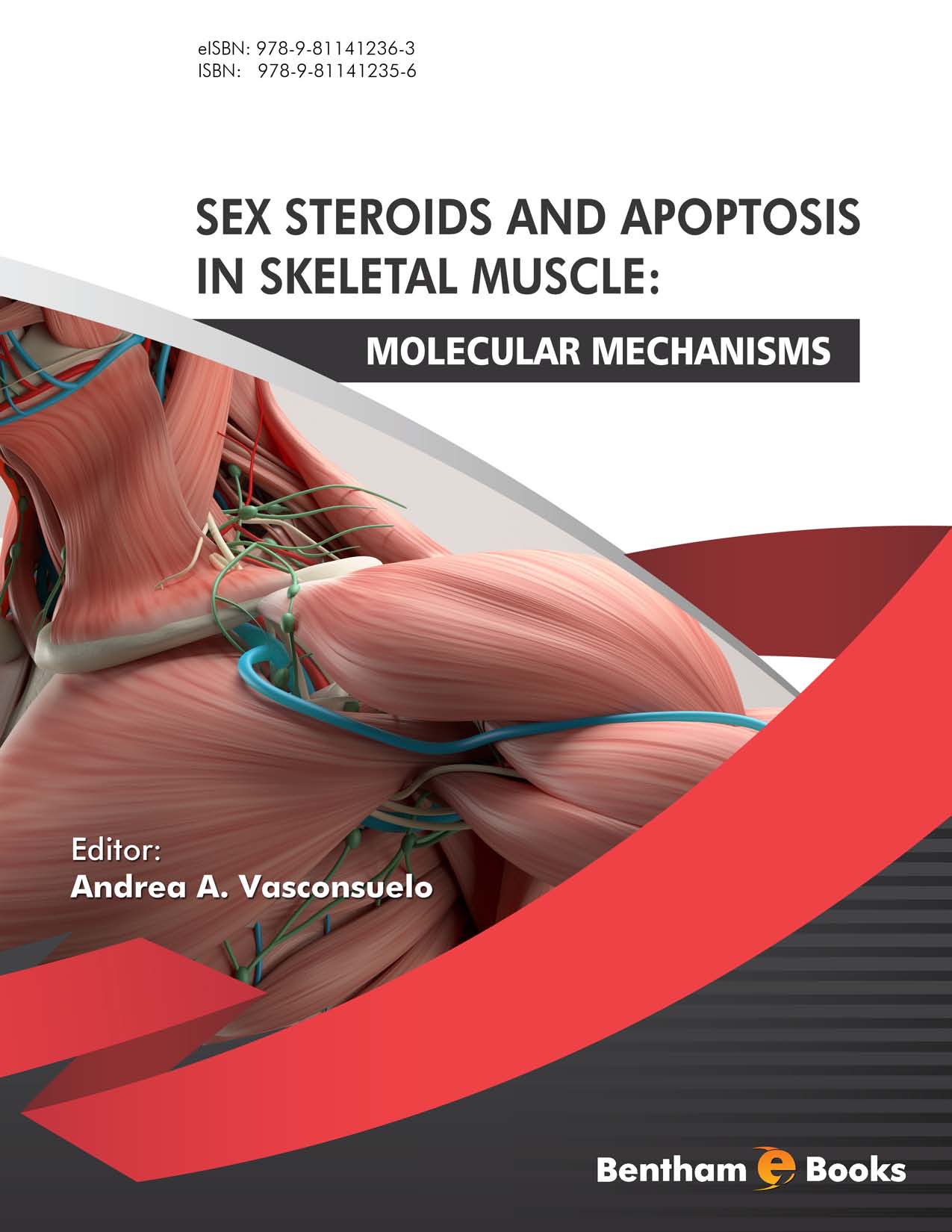Introduction
This monograph focuses on the actions exerted by sex hormones, 17β-estradiol and testosterone, in skeletal muscle tissue. An important consideration of this volume is the fact that both estrogen receptors (ERs) and androgen receptors (ARs) are ubiquitously expressed and, as a result, steroid hormones affect growth and different cell functions in several organs. Moreover, ERs and ARs may have a non-classical pattern of intracellular localizations, raising complexity to the functional roles of estradiol and testosterone.
Readers will find key information about the role of sex hormones in mitochondrial physiology and their relation with ageing, apoptosis, and sarcopenia. Chapters integrate important points with the latest information on the subject, including work of leading researchers studying the cellular and molecular mechanisms underlying the age-linked changes in muscle tissue while highlighting the role of satellite cells.
Furthermore, the book presents a chapter about phytoestrogens (compounds which are structurally very similar to estrogen 17β-estradiol) and their selective action on sex steroid receptors (specifically, they have a higher affinity for ERβ receptors than ERα receptors).
The book is recommended reading for scientists and clinicians involved in the field of medical and health sciences as well as for scholarly readers (students of biochemistry and medicine) who are interested in the molecular mechanism of cellular apoptosis regulated by steroid hormones.

